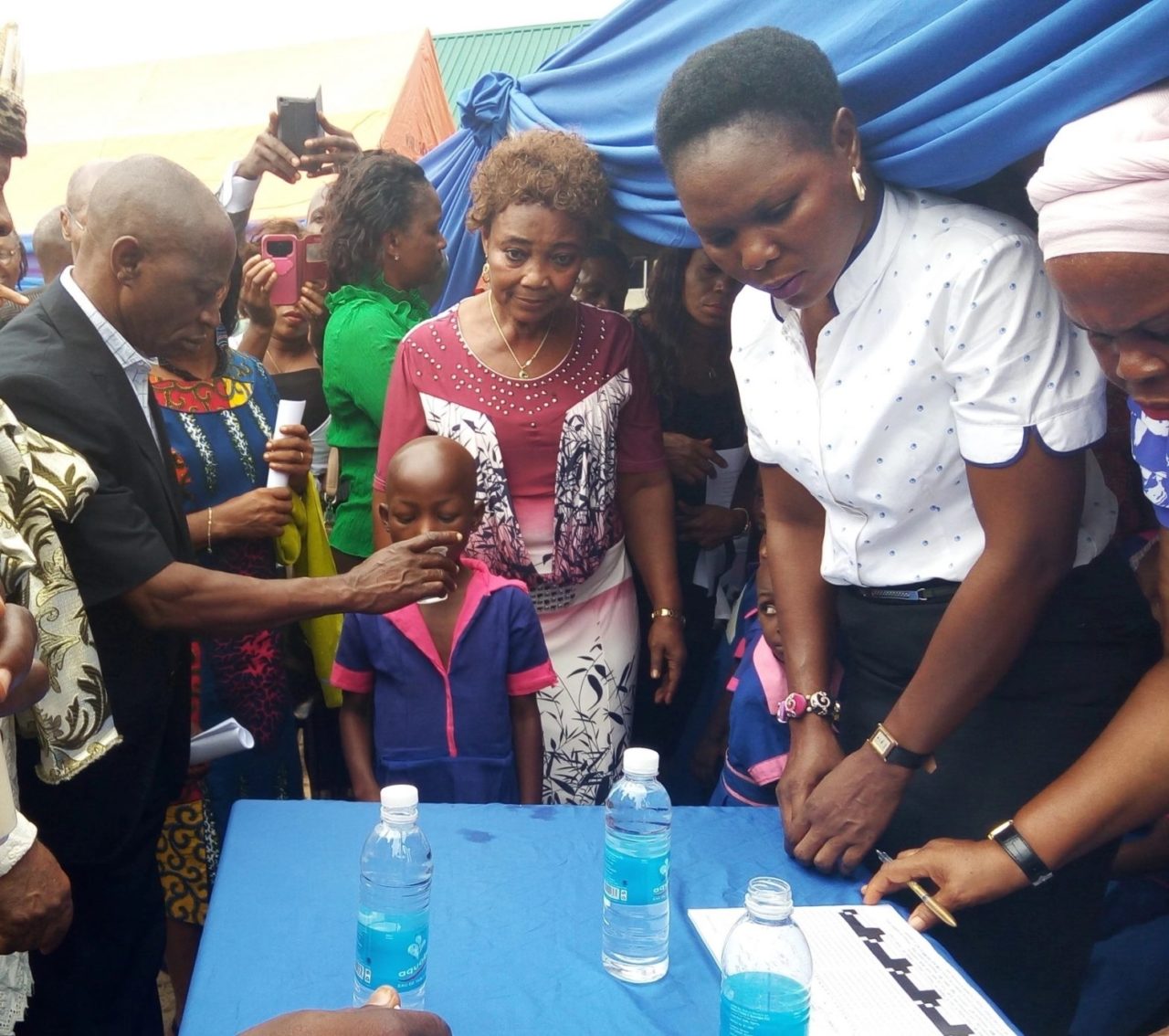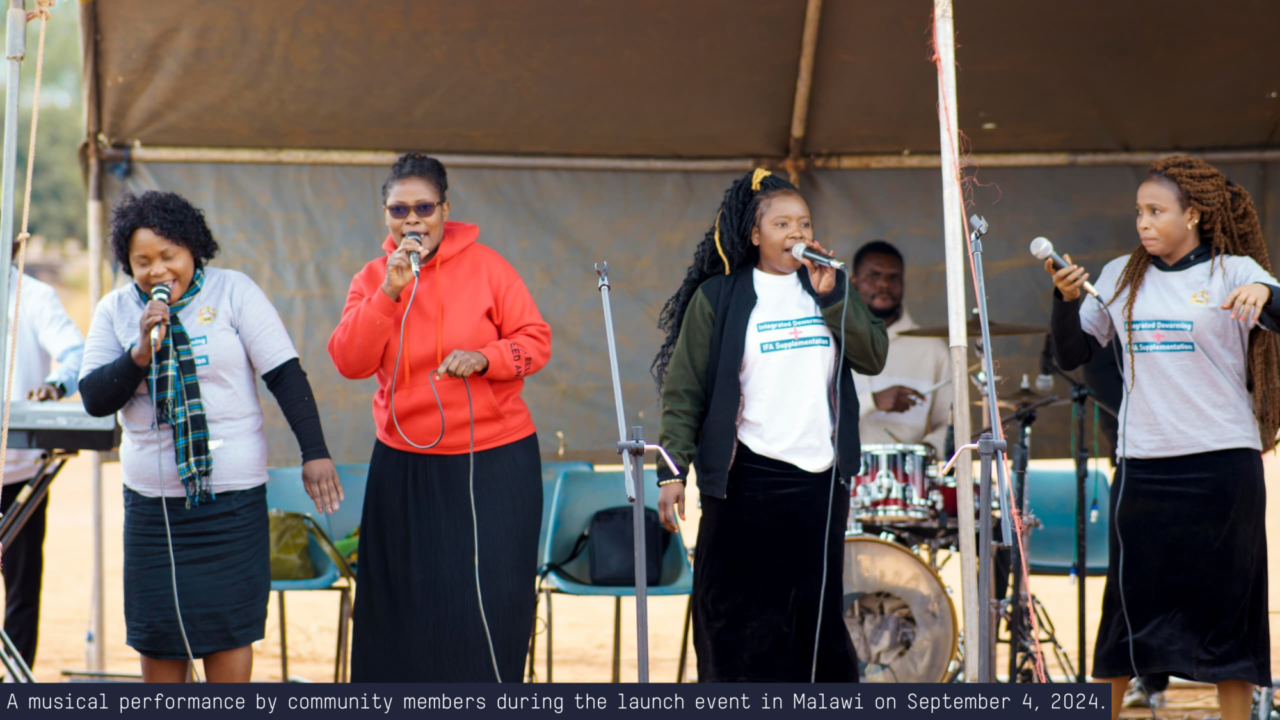For Immediate Release
State’s First School-Based Deworming Programme to Treat 600,000 Children in Cross River, Nigeria
Treatment will take place in a majority of Cross River State’s local government areas and target both soil-transmitted helminths and schistosomiasis
June 30, 2016 (Cross River, Nigeria) — This week, the Cross River State Ministry of Health’s Neglected Tropical Diseases (NTD) unit launched its inaugural statewide school-based deworming exercise that will treat against two neglected tropical diseases that are particularly common in children: schistosomiasis and soil-transmitted helminthiasis (STH). The school-based deworming exercise will cover 11 of the 18 local government areas in Cross River for the first time, and is targeting 600,000 at-risk school-aged children in primary and junior secondary public and private schools. Other NTDs endemic to the state (lymphatic filariasis and onchocerciasis) will be treated through a community-based approach, according to standard practice.
Schistosomiasis and soil-transmitted helminths are significant public health burdens in Nigeria. Worm infections interfere with nutrient uptake; can lead to anemia, malnourishment and impaired mental and physical development; and pose a serious threat to children’s health, education, and productivity. Previously, there has been sporadic small-scale deworming in the state; this is the first time that deworming treatment is being extended to all at-risk children in Cross River using a coordinated approach.
Following guidelines from Nigeria’s Federal Ministry of Health and the World Health Organization, Cross River’s treatment strategy is based on the prevalence of schistosomiasis and STH determined by a statewide scientific survey in 2014. The safe and effective deworming tablets (mebendazole for STH and praziquantel for schistosomiasis) are administered by trained teachers at school, with the supervision and support of health workers. The drugs are provided by the World Health Organization’s global donation program.
Dr. Hilary Adie, Neglected Tropical Disease Coordinator in Cross River, notes that “school-based deworming is an important part of the state’s newly expanded, comprehensive NTD program. By rolling out this evidence-based intervention in schools, we are proud to provide a leading example of cross-ministry collaboration and partnership for improved health and well-being for our children.”
The statewide program is implemented in collaboration between the Ministry of Health and the State Universal Basic Education Board. RTI International and Evidence Action, two NGOs, provide technical assistance to the state’s integrated NTD program.
Grace Hollister, Director of Evidence Action’s Deworm the World Initiative, says: “We applaud Cross River’s leaders on this collaborative school-based deworming program. Nigeria has one of the world’s largest populations of children at risk for parasitic worms but treatment is safe, readily available, and highly scalable by leveraging the education system. Evidence Action is pleased to support Cross River state’s efforts to improve children’s health and education by scaling up deworming.”
The Cross River NTD program is supported by Evidence Action, USAID/ENVISION and other donors.
For additional information:
Dr. Hilary Adie, NTD Coordinator, State Ministry of Health
Calabar, Cross River, Nigeria
[email protected] or phone +234 803 706 3711



